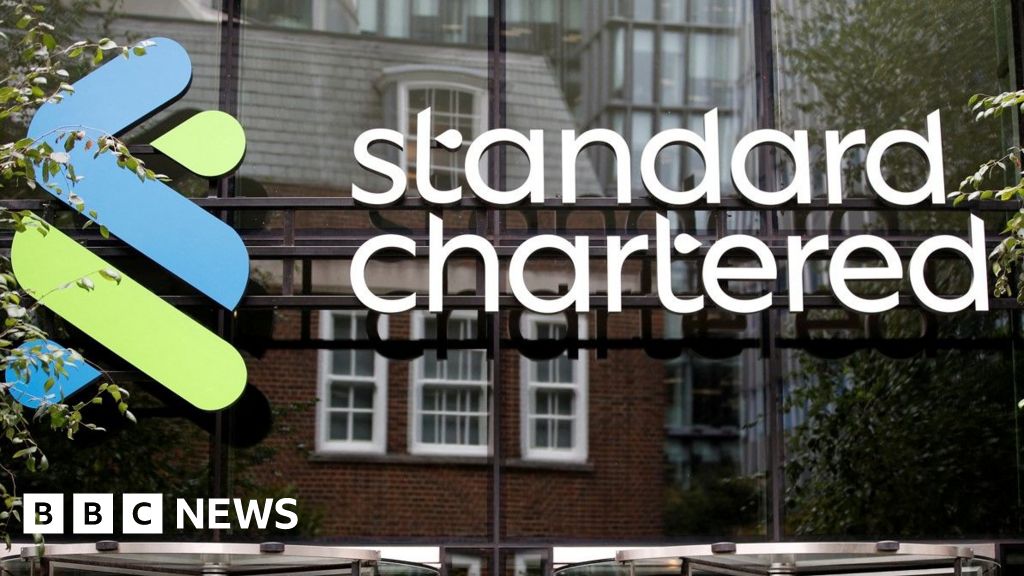Daniel Alter, former general counsel at the New York Department of Financial Services, which first pursued SCB for breaching sanctions, called the new disclosures “shocking” and “exponentially worse” than the bank admitted in 2012.
“This shows a frightening connection to not just commercial entities, but terrorist organisations, terrorist front companies for organisations such as Hamas, Hezbollah, al-Qaeda, the Taliban – things that make up a regulator’s nightmare – and we didn’t know that: it was never disclosed to us. And it wasn’t apparent in the data that we had,” Mr Alter told the BBC. “It’s a whole different story”.
SCB, which has its headquarters in London, mostly serves customers in Africa, the Middle East and Asia.
When Mr Osborne secretly intervened on the bank’s behalf, it was at risk of criminal prosecution for money laundering by the US Department of Justice.
On 10 September 2012, Mr Osborne wrote to Ben Bernanke, then chair of the US central bank the Federal Reserve, and to then US president Barack Obama’s Treasury Secretary, Tim Geithner. He met them the following month.
Two months later, the bank was fined $300m but escaped prosecution with a deferred prosecution agreement (DPA), a form of probation for corporations. No individual bank executive was prosecuted.
In the same month, Mr Knight approached the US authorities with evidence that the bank’s misconduct was far worse than it had admitted and continued after 2007.
In 2019, SCB agreed a further DPA in relation to transactions between 2007 and 2011 and was fined a further $1.1bn.
Credit: Source link











